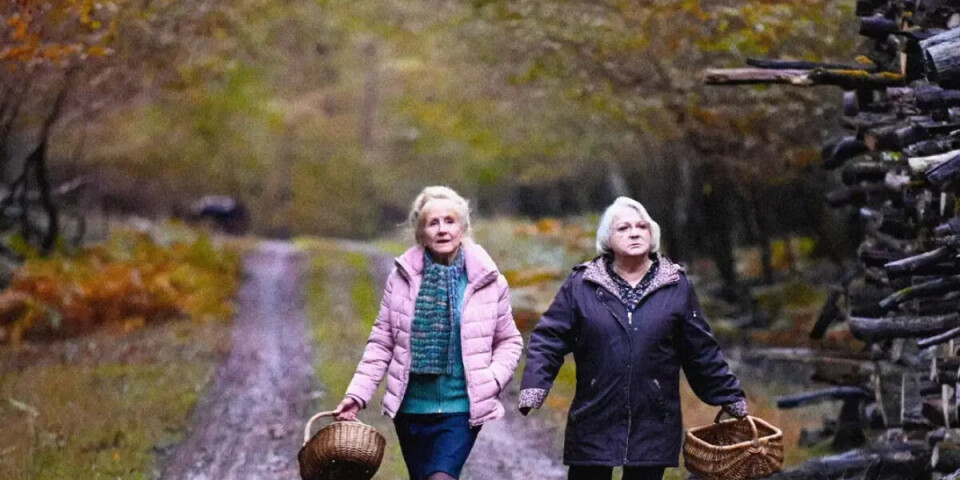-
Death charges claimed by French banks to be restricted
New law passed by the Senate in early summer
-
Electric bike popularity in France opens way for new insurance deals
Number in country rockets as theft policies evolve
-
What is France’s ‘intime conviction’ legal concept used to reach verdict in Cédric Jubillar trial?
Unique approach to murder trial without a body that transfixed France
European cure trials have ONE non-French patient
A European medical collaboration to test potential Covid-19 cures has only one patient outside of France – in Luxembourg.

The European Discovery programme was expected to test four medicines on 3,200 patients in eight countries and the first results were due in early May. However, while France, which initiated it, has recruited 741 patients, other countries have not yet left the starting blocks.
Read more: how to get tested for Coronavirus
Which countries are doing what?
Italy and Spain were set to be the main partners but have focused instead on a study by the World Health Organisation, called Solidarity, which is testing the same medicines but has more flexible requirements. Germany, Belgium, Austria and Portugal are said to have been put off by regulatory considerations. However, to date, none has officially dropped out, Prof Florence Ader, of the infectious diseases centre at the Lyon teaching hospital, told the French Senate.
Prof Ader, who is piloting the study, speculated that money factors were involved as the cost is about €5,000 per patient. The study was to involve hydroxychloroquine, lopinavir, ritonavir and remdesivir, and was to study at least 600 patients per medicine, plus another control group.
A study into the use of hydroxychloroquine and its variant chloroquine around the world as a Covid-19 treatment concluded that it increases deaths among those treated. The report, published in the British journal The Lancet, contradicts the claims of France’s Prof Didier Raoult, who reports success with the drug in Marseille. The report said the drug should no longer be given to Covid-19 patients outside formally controlled clinical trials.
What about side effects?
It is known the drug can have side-effects in some patients, such as a risk of heartbeat irregularities, though it has long been used for treating malaria. The study was not in itself a trial but gathered evidence from some 96,000 patients in 671 hospitals with widely varying ages and health conditions, and at different stages of the illness. As a result, France’s health minister Olivier Véran asked top health authority the Haut Conseil de la Santé Publique to study it and propose modifications to the French rules on its use. At present, France allows doctors to administer it to those at a serious stage of the illness in hospital, despite the lack of formal studies proving efficacy.
In early April, a petition was launched by former French health minister Philippe Douste-Blazy and infectious diseases specialist Prof Christian Perronne calling for further relaxation of these rules. It has almost 600,000 signatures. They cited Marseille, where Prof Raoult, who has been doing large-scale testing and treating at early stages, claims reduced death rates and lower rates of new cases.
Read more: UK and France quarantine plans 'absurd' says senator
Meanwhile, France’s Institut Pasteur hopes to be ready to start clinical trials for a Covid-19 vaccine as early as next month. Around 300 staff at the institute in Paris are dedicated to Covid-19 research, including the search for a vaccine, which they are trying to achieve in record time.
Normally, a vaccine can take five to 10 years to develop. The most promising candidate is said to be a modified version of a measles vaccine and clinical tests on 90 healthy volunteers will start next month in France and Belgium. The first results are expected in October.
Read more: health staff to get pay rise after new investment
























